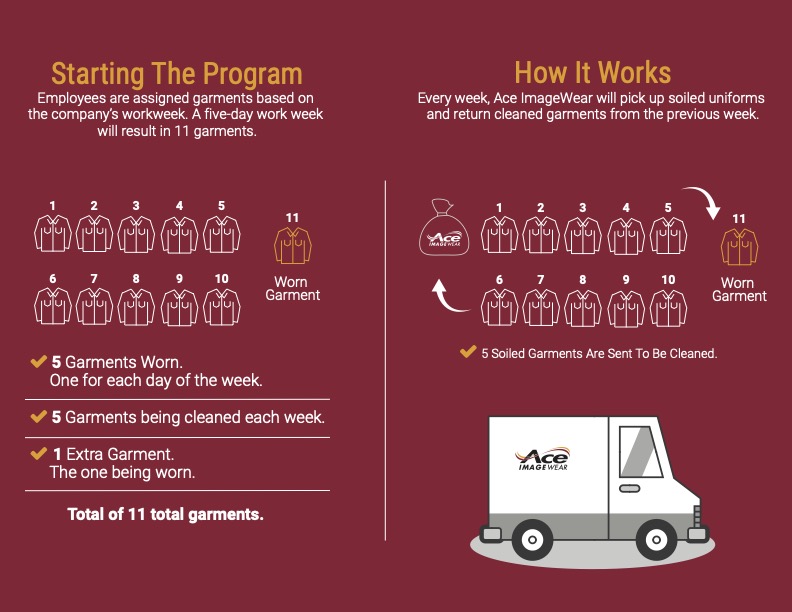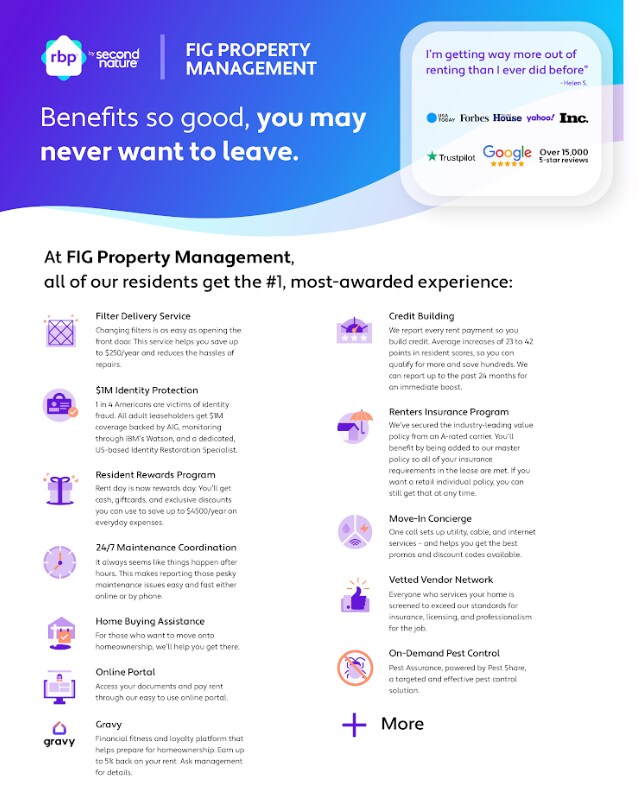Want to maximize your rental property profits? Discover 5 simple tips for ace rental management that will make you money!

Image courtesy of George Becker via Pexels
Table of Contents
- Understanding Rental Property Management
- Get Organized
- Tip #2: Understand the Laws
- Keep Your Property in Top Shape
- Tip #4: Communicate Clearly and Often
- Tip #5: Choose the Right Tenants
- Using Technology to Your Advantage
- Staying Informed and Continuously Improving
- Conclusion
- Frequently Asked Questions (FAQs)
Welcome to Ace Rental Management: 5 Easy Tips! In this article, we will explore the essential tips for property managers looking to achieve successful rental management. Whether you are a property owner or someone responsible for managing rental properties, these tips will help you navigate the world of property management with ease.
Rental management is all about overseeing properties to ensure they are well-maintained and profitable for the owner while providing a comfortable living space for renters. It involves tasks like collecting rent, handling repairs and maintenance, and communicating effectively with tenants. Good management not only benefits property owners by ensuring a steady income but also creates a positive experience for renters, leading to happy, long-term tenants.
By following these tips and best practices, you can enhance your skills as a property manager and create a harmonious relationship between landlords and tenants. Let’s dive into the world of rental property management and discover how you can excel in this field!
Understanding Rental Property Management
Managing a rental property involves overseeing all aspects of a property that is rented out to tenants. This includes tasks such as finding and screening tenants, collecting rent, handling maintenance and repairs, and ensuring the property complies with all relevant laws and regulations.
What is Rental Property Management?
rental property management is the process of overseeing and maintaining a rental property on behalf of the owner. The main goal of rental property management is to ensure that the property operates smoothly, remains occupied with reliable tenants, and generates a steady income for the owner.
The Importance of Great Management
Effective rental property management is crucial for both property owners and tenants. For owners, it can lead to financial success, increased property value, and reduced stress. For tenants, great management means a well-maintained property, timely responses to issues, and a positive living experience.
Get Organized
When it comes to managing a rental property, staying organized is key to success. Being organized helps you keep track of important documents, deadlines, and tasks, making sure everything runs smoothly and efficiently. Here are some tips to help you get organized and stay on top of things:
Keeping Records
One essential aspect of managing a rental property is keeping thorough records of all your transactions and communications. This includes lease agreements, maintenance requests, repair receipts, and any other documentation related to the property. By having a system in place to organize and store these records, you can easily access them when needed.
Scheduling for Success
Another crucial part of being organized is having a schedule and sticking to it. Use calendars or property management software to schedule tasks like property inspections, rent collection dates, and maintenance checks. Set reminders for important deadlines to ensure nothing falls through the cracks. By staying on top of your schedule, you can effectively manage your rental property and prevent any issues from arising.
Tip #2: Understand the Laws
When it comes to managing rental properties, it’s crucial to have a good understanding of the laws that govern them. By adhering to the legal requirements, you can ensure a smooth and successful management experience for both you as the property manager and your tenants.

Image courtesy of www.leasehawk.com via Google Images
Learning Local Laws
Each locality may have specific laws and regulations that dictate how rental properties should be managed. These laws can cover a wide range of issues such as rent control, eviction procedures, property maintenance standards, and more. It’s essential to familiarize yourself with these laws to avoid any legal troubles down the line.
Fair Housing and Equal Opportunity
One of the most critical aspects of rental property management is ensuring fair treatment for all tenants. Fair housing laws are in place to prevent discrimination based on factors like race, religion, gender, disability, or family status. It’s crucial to understand and comply with these regulations to ensure that all potential and current tenants are treated equally and fairly.
Keep Your Property in Top Shape
One essential aspect of successful rental property management is keeping your property in excellent condition. By maintaining your property well, you not only attract quality tenants but also ensure their satisfaction throughout their residency.
Regular Maintenance Checks
Regular maintenance checks are crucial to the longevity of your property. Create a schedule for routine inspections to assess the condition of your rental unit. This proactive approach allows you to identify any issues early on and address them promptly, preventing them from escalating into larger problems.
Dealing with Repairs Promptly
When tenants report issues or concerns, it’s vital to address them promptly. Timely repairs not only demonstrate your commitment to maintaining a safe and comfortable living environment but also help preserve the value of your property. Ignoring or delaying repairs can lead to further damage and dissatisfaction among tenants.
Tip #4: Communicate Clearly and Often
In order to effectively manage a rental property, it is crucial to maintain good communication between landlords and tenants. By setting clear expectations and being readily available, you can create a positive and harmonious renting environment for all parties involved.

Image courtesy of www.aceimagewear.com via Google Images
Setting Clear Expectations
It’s essential to establish clear rules and guidelines for your rental property. Whether it’s regarding rent payments, maintenance responsibilities, or noise policies, having these expectations laid out from the beginning can prevent misunderstandings and disputes down the line. Make sure to communicate these rules to your tenants and ensure they understand them fully.
Being Available
Being accessible to your tenants is key to successful rental management. Communication channels should be open, whether by phone, email, or in person. Tenants should feel comfortable reaching out to you with any questions or concerns they may have. Being responsive and addressing issues promptly can help build trust and a positive relationship between you and your renters.
| Tips | Description |
|---|---|
| 1 | Regular Property Inspections |
| 2 | Effective Communication with Tenants |
| 3 | Setting Clear Rental Policies |
| 4 | Prompt Response to Maintenance Requests |
| 5 | Thorough Tenant Screening Process |
Tip #5: Choose the Right Tenants
Before renting out your property, it’s essential to run background checks on potential tenants. A background check usually includes looking at a person’s rental history, credit score, and criminal record. This step is crucial because it helps you find tenants who are reliable and trustworthy. By choosing tenants with positive backgrounds, you can avoid future problems like late rent payments or property damage.
Interviewing Potential Tenants
When you have potential tenants interested in renting your property, it’s a good idea to interview them. During the interview, you can ask questions to get to know them better and understand if they will be a good fit for your rental property. Look for tenants who seem responsible, respectful, and able to follow the rules you set for your property. Choosing the right tenants can make a big difference in how smoothly your rental property runs.
Using Technology to Your Advantage
Technology is a powerful tool that can make managing a rental property much easier and more efficient. By leveraging the right tools, property managers can streamline tasks, improve communication, and ultimately enhance the overall rental experience for both landlords and tenants. Here are a few ways technology can help you succeed in rental management:

Image courtesy of www.apartments.com via Google Images
Property Management Software
Property management software is specifically designed to help property managers keep track of various aspects of their properties. These tools typically offer features like tenant screening, lease management, maintenance scheduling, and financial tracking. By using property management software, you can centralize all your property information, automate routine tasks, and stay organized with ease.
Online Rent Collection
Gone are the days of collecting rent checks in person or through the mail. online rent collection platforms allow landlords to collect payments electronically, providing convenience for both parties. Tenants can easily pay rent online through bank transfers or credit cards, and landlords can track payment history and generate automatic receipts. This not only simplifies the rent collection process but also helps maintain accurate financial records.
Staying Informed and Continuously Improving
As a property manager, it’s crucial to see every experience, whether positive or challenging, as an opportunity to learn and grow. Reflect on past interactions with tenants, maintenance issues, or successful lease agreements. What worked well? What could have been handled better? By evaluating your past actions and outcomes, you can gather valuable insights that will help you make better decisions in the future.
Continuing Education
Just like any profession, staying up-to-date with the latest trends and laws in property management is essential for success. Consider attending seminars, workshops, or conferences related to real estate management. Books and online resources can also be valuable tools for expanding your knowledge and improving your skills. By continuously learning and seeking new information, you’ll stay ahead of the curve and be better equipped to handle any challenges that come your way.
Conclusion
Managing a rental property can seem daunting, but with the right tips and practices in place, it can be a successful and rewarding experience for both property owners and tenants. By following the advice outlined in this article, you can ensure that your rental property is well-maintained, your tenants are happy, and your business thrives.

Image courtesy of www.linkedin.com via Google Images
Recap of Main Lessons
Remember, organization is key. Keeping records and staying on top of tasks can help you run your rental smoothly. Understanding and following the laws is crucial to avoid any legal issues. Maintaining your property and addressing repairs promptly will keep your tenants satisfied. Clear and frequent communication is essential to building a good relationship with your tenants. Lastly, choosing the right tenants through background checks and interviews can help you avoid future problems.
Apply What You’ve Learned
Now that you have learned these valuable tips for successful rental management, it’s time to put them into practice. Take the time to implement these strategies in your own rental property management to see positive results. By staying organized, informed, and proactive, you can ensure that your rental property business thrives and remains successful in the long run.
Frequently Asked Questions (FAQs)
How often should I inspect my rental property?
It is generally recommended to inspect your rental property at least once every six months. This allows you to stay on top of any maintenance issues or concerns that may arise.
Can I manage my property myself, or should I hire someone?
The decision to manage your property yourself or hire a professional manager depends on your personal preferences and circumstances. While self-management can save you money, hiring a professional can alleviate the stress and responsibility that comes with managing a property.
What should I do if a tenant is consistently late on rent?
If a tenant is consistently late on rent, it is crucial to address the issue promptly and openly communicate with the tenant. You may consider implementing late fees or developing a payment plan to help the tenant catch up on payments.
Idaho Poperty Management
